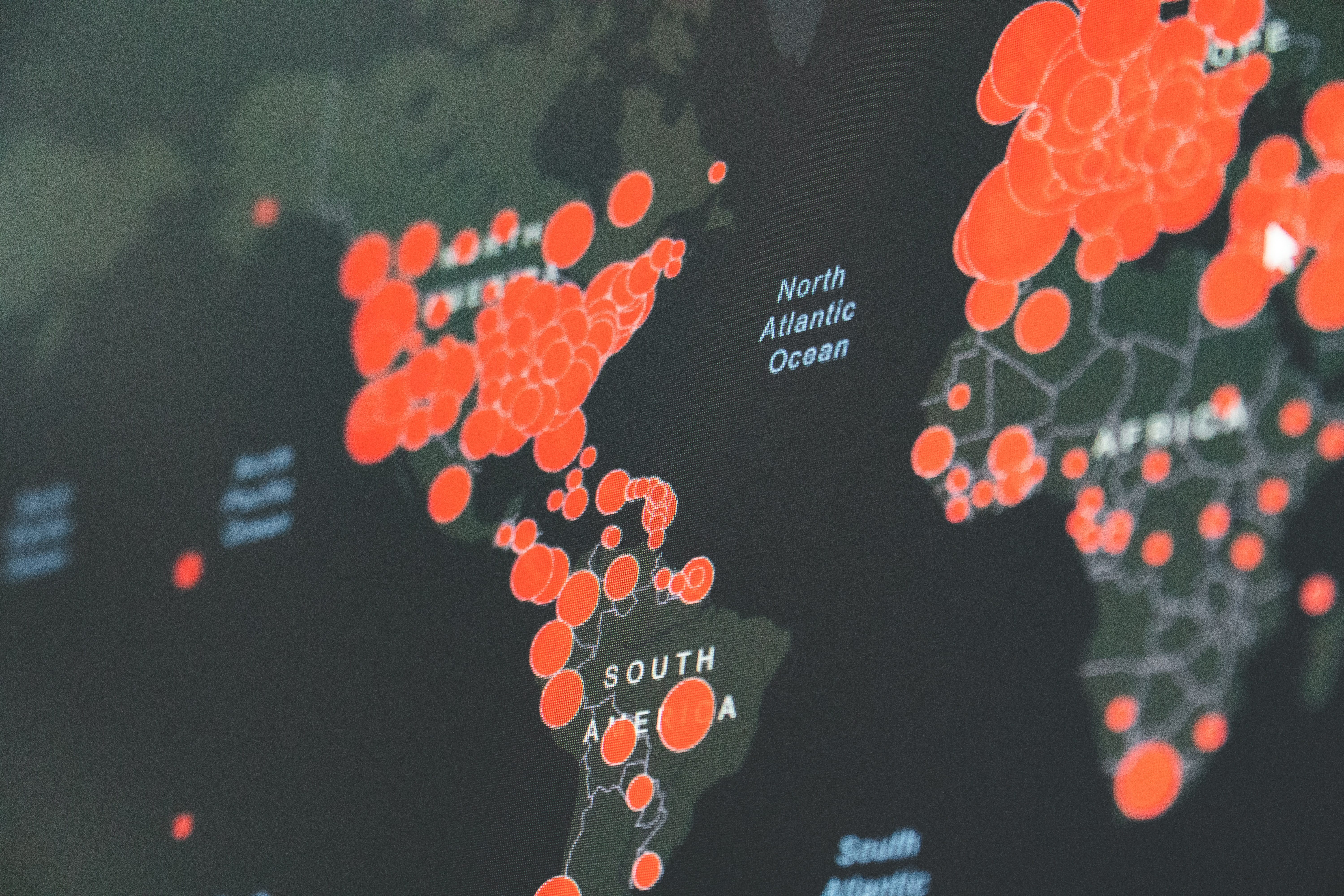This morning Alejandro Chafuen, Acton’s managing director, international, wrote in Forbes about Latin American countries’ response to the COVID-19 pandemic. The virus there hasn’t reached the levels we see in China or Europe or even the U.S., but there are serious concerns about preparedness for future developments, especially regarding Brazil and Mexico, the region’s two largest countries in both population and economic strength. Populist leaders Jair Bolsonaro of Brazil and Andrés Manuel López Obrador of Mexico have often seemed flippant or cavalier in their responses.
Acton partners in the two countries have weighed in as well. Jean Regina of Vieira & Regina Attorneys-at-law, a Brazilian law firm focused on legal counsel for over 3000 churches in Brazil, had this to say:
In Brazil many authorities are really concerned due to a cultural fact of people not paying attention to simple “warnings”. And the bad example of the President is the clear confirmation of that. He’s already retreated from this behavior and gives his ministers lots of space to do whatever it takes to address the problem. So are State governors and City mayors trying to do what they can, but sometimes trespassing their authority derived from constitution. There are many municipal and state decrees prohibiting gatherings in public spaces – as shopping centers, schools and churches. But the only national authority to do that is the president calling a defense state after a congressional approval. So after this virus goes away we will have to deal with dangerous precedents of power misuse – and people, in vast majority – due to the fact they are so focused on the news about the spread of the virus – just don’t get it.
And in Mexico, Rolando Espinosa, director of AIH, A. C. gave the following statement:
In Mexico, with the official numbers at 118 confirmed cases, the government doesn’t even want to touch the topic. Yesterday in the president’s daily press briefing he took out two good-luck charms and said they were his defense against corruption and the epidemic. Again as in the past, we as individuals have had to organize to confront the crisis in spite of the government’s ineffectiveness. When the first cases were reported, universities were the first to suspend in-person classes and push for people to stay at home. What is most concerning is that there is no plan to confront a health crisis, much less a plan to confront the economic consequences.
No one knows what shape the situation will take in the coming months, but Chafuen opines that if nothing in Latin America’s response changes, there is the potential for dire consequences in the region. Only time will tell.

